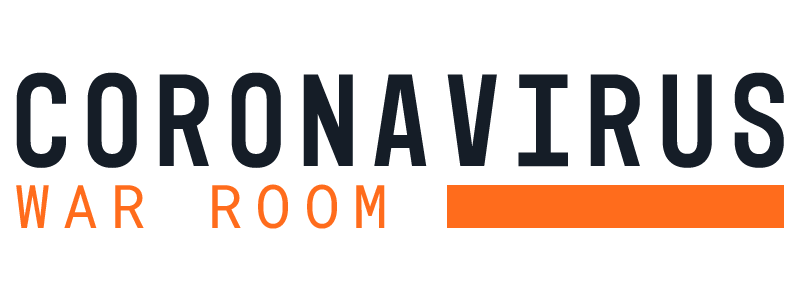SHOT: On March 6th, President Donald Trump promised that anyone who wanted a test would be able to get one.
-
Trump said: “Anybody that wants a test can get a test. That’s what the bottom line is.”
CHASER: More than a month after promising tests for all Americans, the Trump administration is now sending states testing supplies for 2% of their residents.
-
“The Trump administration is prepared to send all 50 states enough tests to screen at least 2% of residents for the new coronavirus, a senior administration official said Monday, with the aim of rapidly expanding supplies in the coming weeks as the nation’s leaders look to reopen parts of the economy.” [Wall Street Journal, 4/27/20]
CHASER 2: This is not enough tests — experts say the U.S. needs to conduct millions of tests each day.
-
Harvard researchers argue that using precise tracing technology: “Thus, overall, we need approximately 11 tests for each case caught, or a total of 2.5 million tests per day. This also reflects the lower bound of 1 to 2 million tests per day arrived at in the appendix through two models, both assuming tracing capacity reaches the point where a person tested is 30 times more likely to be infected than a randomly selected member of the general population.” [Harvard University Edmond J. Safra Center for Ethics, Divya Siddarth & E. Glen Weyl, 4/8/20]
-
In another Harvard paper, 45 experts have called for the U.S. to conduct 5 million tests by early June and 20 million daily by late July: “We need to deliver 5 million tests per day by early June to deliver a safe social reopening. This number will need to increase over time (ideally by late July) to 20 million a day to fully remobilize the economy. We acknowledge that even this number may not be high enough to protect public health. In that considerably less likely eventuality, we will need to scale-up testing much further. By the time we know if we need to do that, we should be in a better position to know how to do it. In any situation, achieving these numbers depends on testing innovation.” [Harvard University Edmond J. Safra Center for Ethics, “Roadmap to Pandemic Resilience,” 4/20/20]


